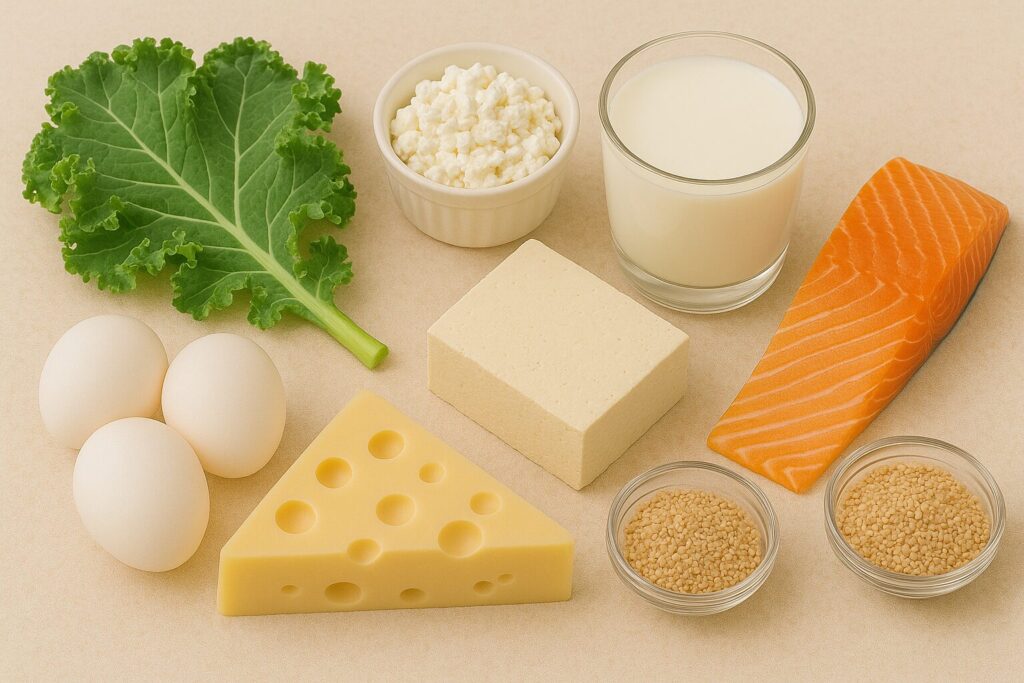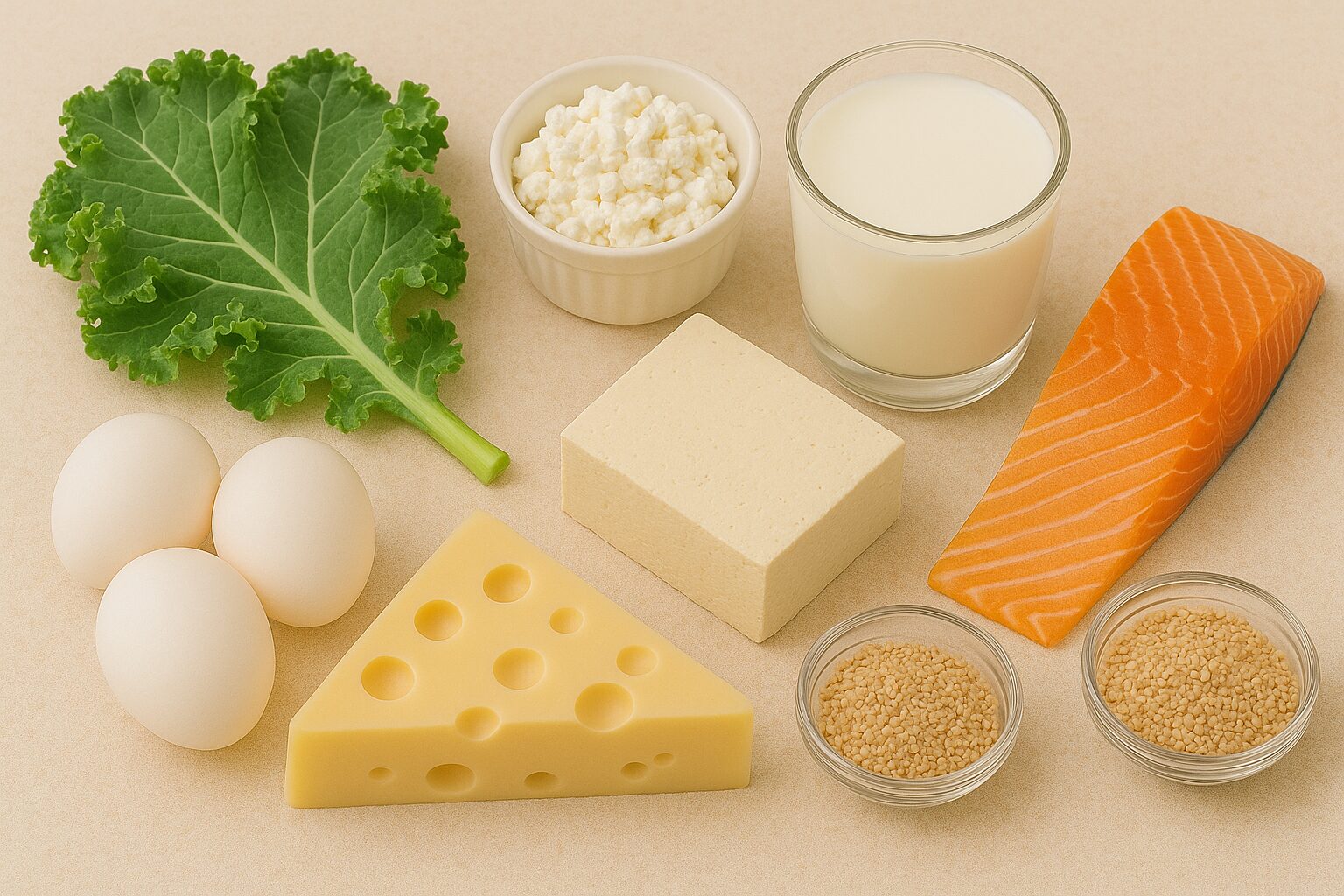Bone health plays a vital role in overall well-being, especially as people age. Nutrition and lifestyle habits may strengthen bones or increase the risk of conditions such as osteoporosis. This article outlines foods that may support bone health and habits that could weaken it.

1. Calcium-Rich Foods
Calcium is the primary mineral for bone strength. Dairy products such as milk, yogurt, and cheese, as well as tofu, spinach, and kale, are good sources. Adequate calcium intake may help maintain bone density.
2. Vitamin D Support
Vitamin D is essential for calcium absorption. It can be obtained from salmon, mackerel, egg yolks, fortified milk, or moderate sunlight exposure. Without sufficient vitamin D, bones may not fully benefit from calcium intake.
3. Role of Protein
Protein contributes to bone structure and muscle support. Lean meats, fish, legumes, and eggs are recommended. Balanced protein intake may aid collagen formation in bones, though excessive intake could increase calcium loss.
4. Magnesium and Zinc
Magnesium and zinc are important for bone formation and repair. Nuts, seeds, whole grains, and seafood may provide these minerals, supporting overall skeletal health.
5. Harmful Habit – Excess Sodium
High sodium intake may increase calcium loss through urine. Processed foods and instant meals often contain excess salt and should be limited.
6. Harmful Habit – Excess Caffeine
Too much caffeine may interfere with calcium absorption. While one or two cups of coffee daily is usually acceptable, frequent high intake may pose risks, especially for women and teenagers.
7. Harmful Habit – Alcohol and Smoking
Alcohol may weaken calcium absorption, while smoking may disrupt bone cell regeneration. Both habits are linked to lower bone density and higher fracture risks.
🍀
Bone health depends on both nutrition and lifestyle. Consuming calcium, vitamin D, and protein while reducing sodium, caffeine, alcohol, and smoking may help maintain strong bones. Balanced choices may create long-term benefits for bone strength and quality of life.
References and Further Reading
National Institutes of Health (NIH) – Bone Health and Nutrition
World Health Organization (WHO) – Osteoporosis Prevention Guidelines
Food and Agriculture Organization (FAO) – Calcium and Vitamin D in Diets
※ This article is for general informational purposes only. Individual conditions and needs may vary, and professional consultation is generally recommended for personalized guidance.
